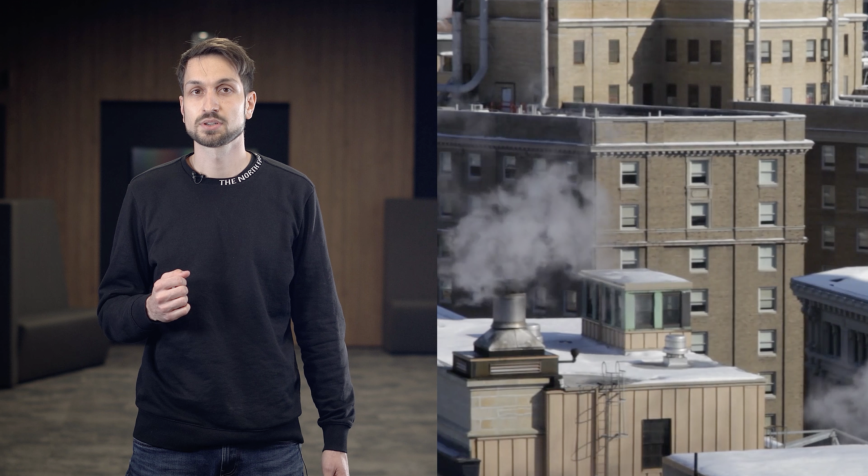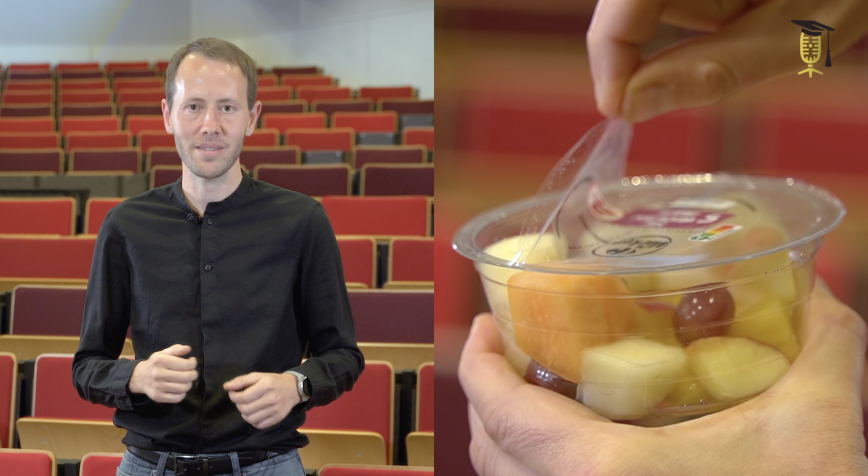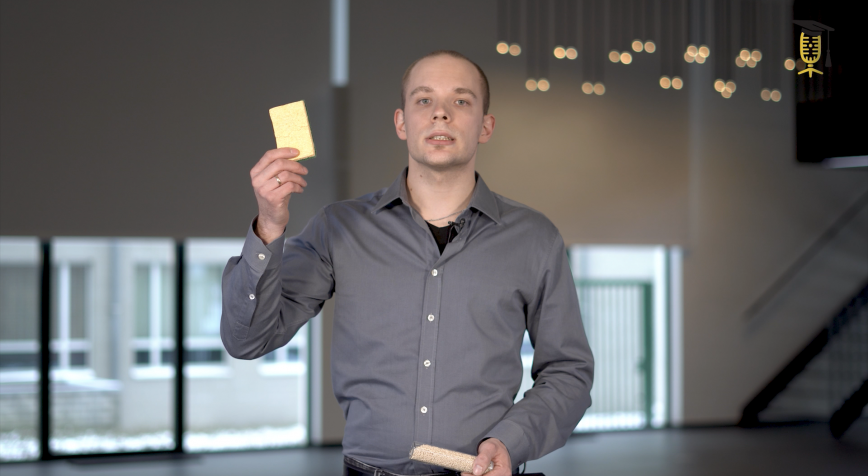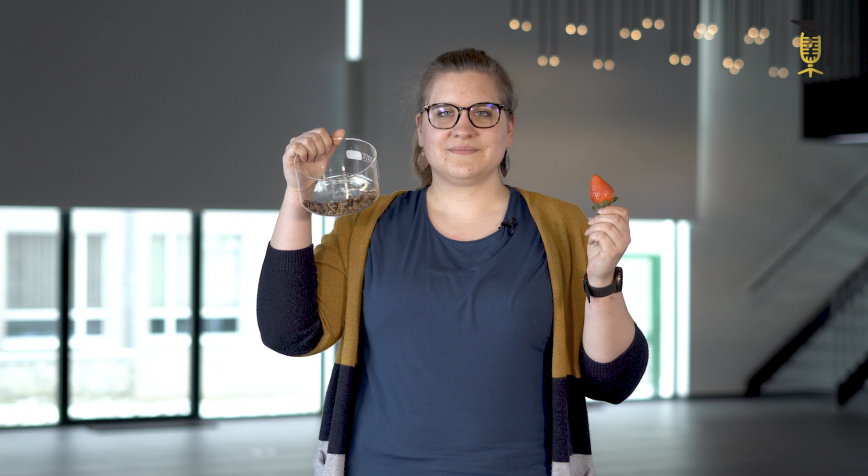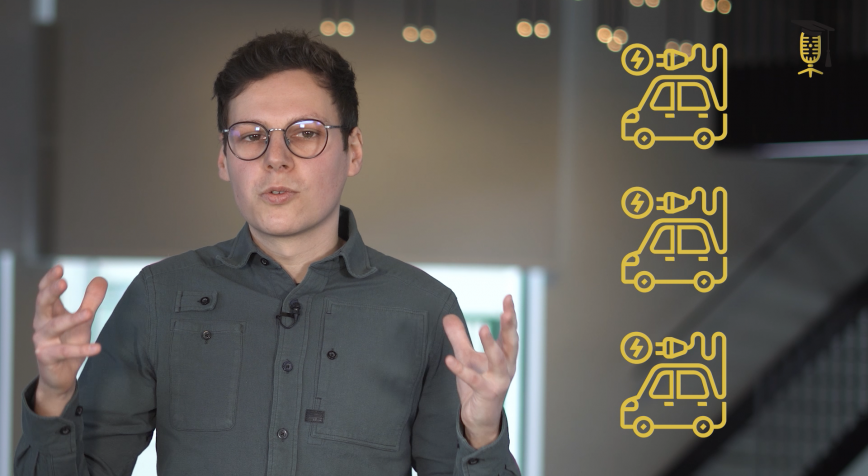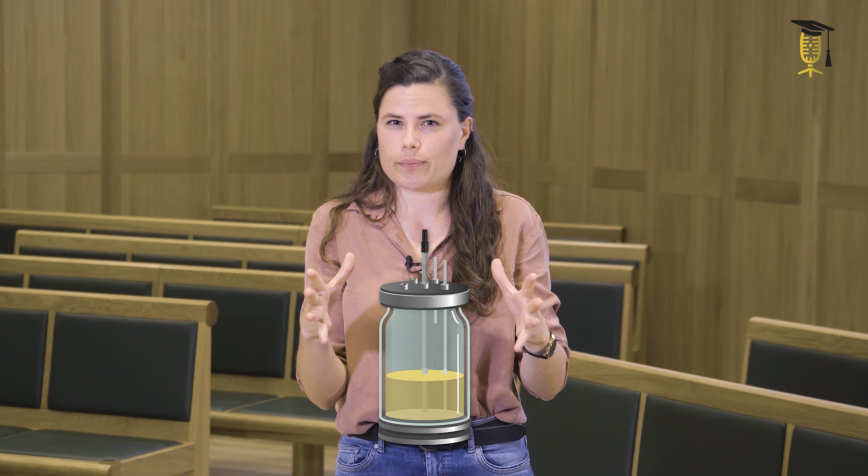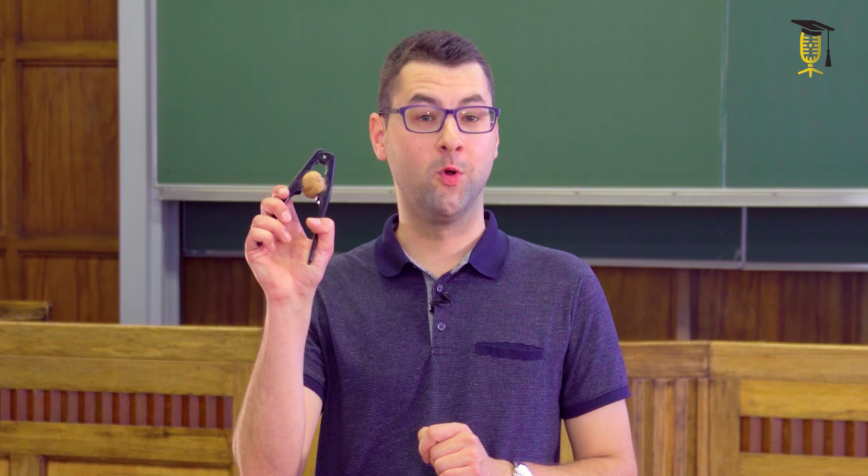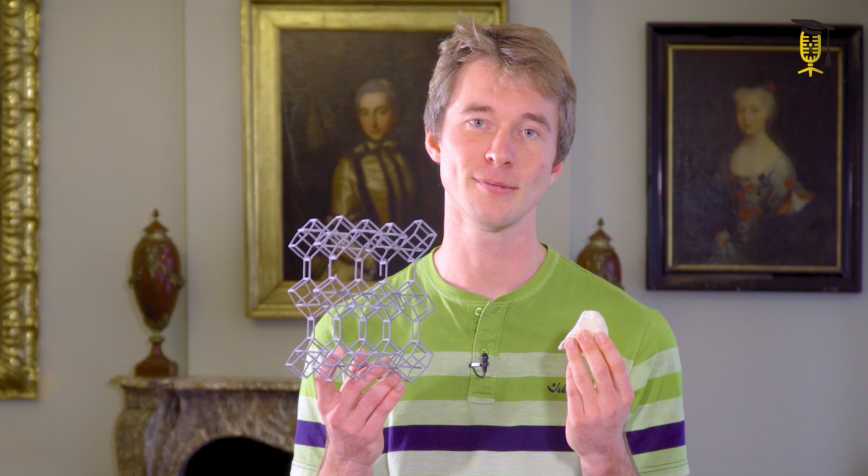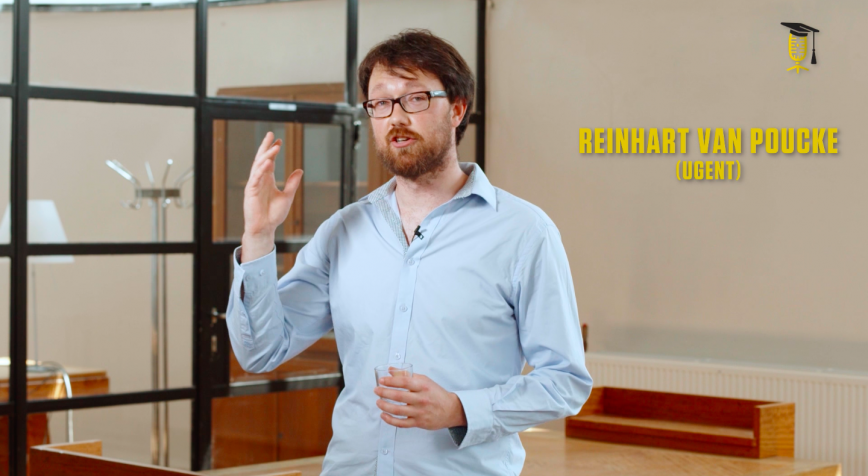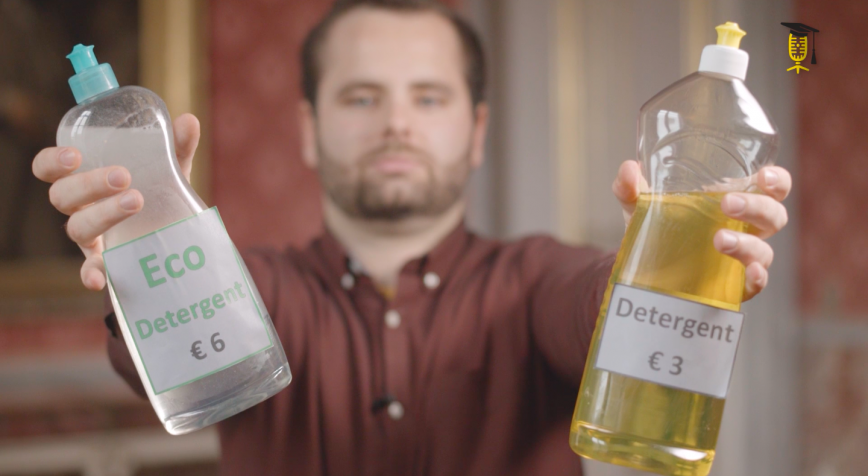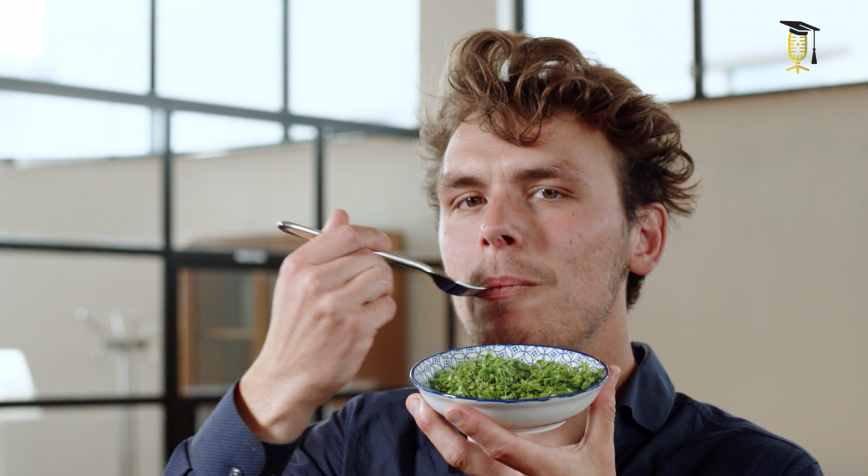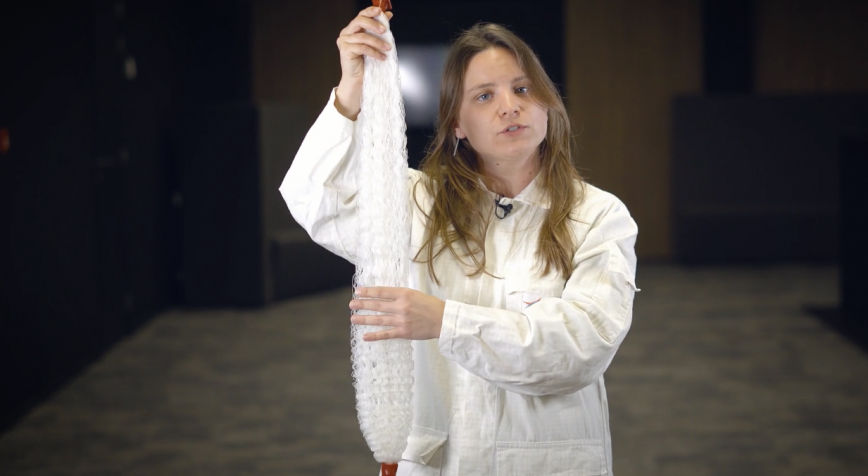
VITO
Microbes converting greenhouse gases into biofuels
Saving good microbes from starvation. That is the aim of the research carried out by Marina Perdigao Elisiario (VITO - TU Delft). This is necessary because the microbes she works with can help us in the fight against climate change. They are very good at converting greenhouse gases such as CO2 and carbon monoxide into biofuels. Unfortunately, with the current techniques, they die of starvation too often and too quickly. Marina is working on a new technique to overcome this.
